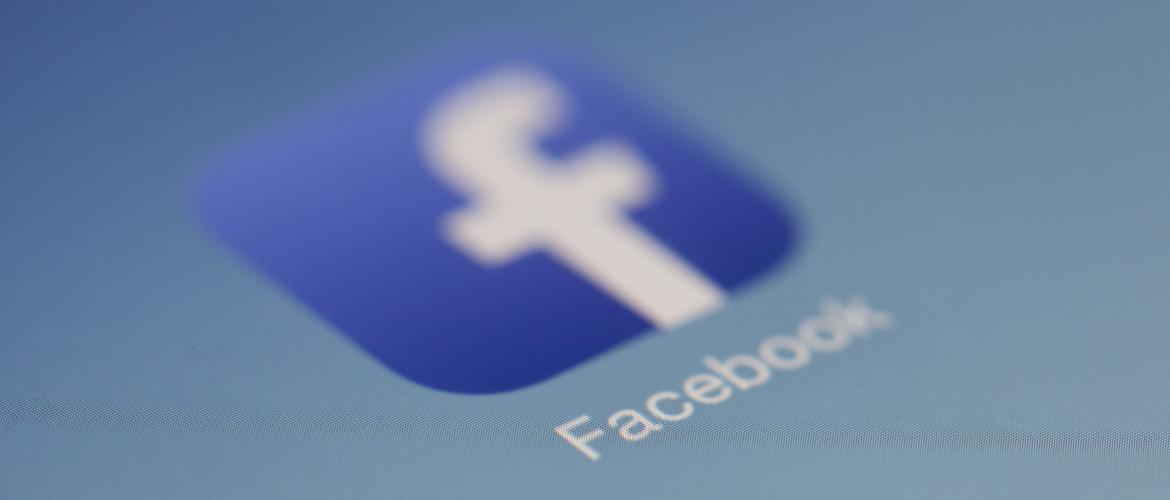Facebook ready for a break-up?
May 17, 2019 | Expert Insights

Background
Facebook – the leading social media service was founded by Mark Zuckerberg and fellow Harvard College students in 2004. What was initially formed as a social media platform aimed at college students, quickly gained popularity. With over 2.3 billion users, Facebook is the single largest social media platform in the world.
In the one and a half decade since its founding, Facebook has acquired several similar social media platforms such as Instagram in 2012 and the direct message sharing app – WhatsApp
The social media giant is still under an investigation for sharing the personal data of more than 87 million users worldwide with the now-defunct British political consulting firm Cambridge Analytica.
Analysis
Over the last 15 years, Facebook and its group of companies have established their dominance in the social networking space. While the core company itself has over 2.3 Billion active users, its other platforms have their separate share –1.6 billion on WhatsApp, 1.3 billion on Messenger and 1 billion on Instagram. Combined, the company is worth half a trillion US dollars, which is close to 80% of the world’s social networking revenue. This has made Facebook, practically a monopoly in the social networking space.
The company had exercised its monopoly powers to drive out potential competitions such as Twitter’s micro-vlogging platform, Vine. In 2011, Snapchat posed a potential threat with a different form of multimedia communications – disappearing stories. Facebook soon introduced this feature on Instagram and retained its market domination.
The wide user base combined with its market control made the company a major influencer in a number of global affairs. Facebook has come under investigation for its involvement in the 2016 US Presidential Elections and has drawn criticism for its influence in the 2016 Brexit Referendum. Besides this, the company has also been under scrutiny for several data breaching cases, including the leaking of 87 million users’ data in the infamous Cambridge Analytica scandal. In 2018, as a response to the controversy, a major online movement – #DeleteFacebook – broke out with protestors serially deleting their Facebook accounts. However, neither the protest nor the investigations had any effect on Facebook’s growth rate – with its active users growing from 2.1 billion in 2018 to 2.3 in 2019.
This unaffected growth rate and Facebook’s massive dominance has come under the radar once again with its co-founder and former employee, Chris Hughes calling for the breaking up of the company into its three major segments – Facebook, Instagram and WhatsApp. While Facebook immediately rejected this call, Hughes’ proposal could potentially pose a new challenge for the company.
Many governments including the United States has regulated market concentration by breaking up bigger companies such as Standard Oil and AT&T. With Facebook’s acquisition of Instagram and WhatsApp and the decline of rival platforms such as Google+ and Myspace, Facebook has concentrated the social networking market.
While breaking up of the company appears to be the ideal response, this has historically proved to be a failure. In 1984, the US government broke up the telecom company AT&T into eight smaller companies under the anti-trust laws. However, due to lack of regulation post-break-up, almost all the smaller companies expanded and reunified under AT&T. Without rigid laws regulating its future expansions, breaking up of Facebook could prove to be no different from this.
India Watch
With an estimated 250-300 million WhatsApp users, India has the highest number of WhatsApp users in the world – close to a quarter of the world’s total WhatsApp users. Apart from this, Facebook and Instagram continue to be the leading social networking platforms in the country. With Facebook's growing influence in global politics, its data breaches and market domination pose a severe threat to the world’s largest democracy.
Assessment
Our assessment is that as long as Facebook’s expansion is unregulated, there will always be risks of further aggregation. We also believe that in the digital age, platforms such as Facebook has a global reach and therefore cannot be governed by single legislation. It is important for countries to come together and form integrated legislations in order to regulate both digital concentrations as well as to preserve data privacy. While breaking up of Facebook can be a potential step in the future, we believe that it is imperative for the government to establish a system to monitor its expansion in the present.








Comments